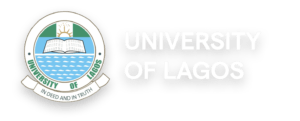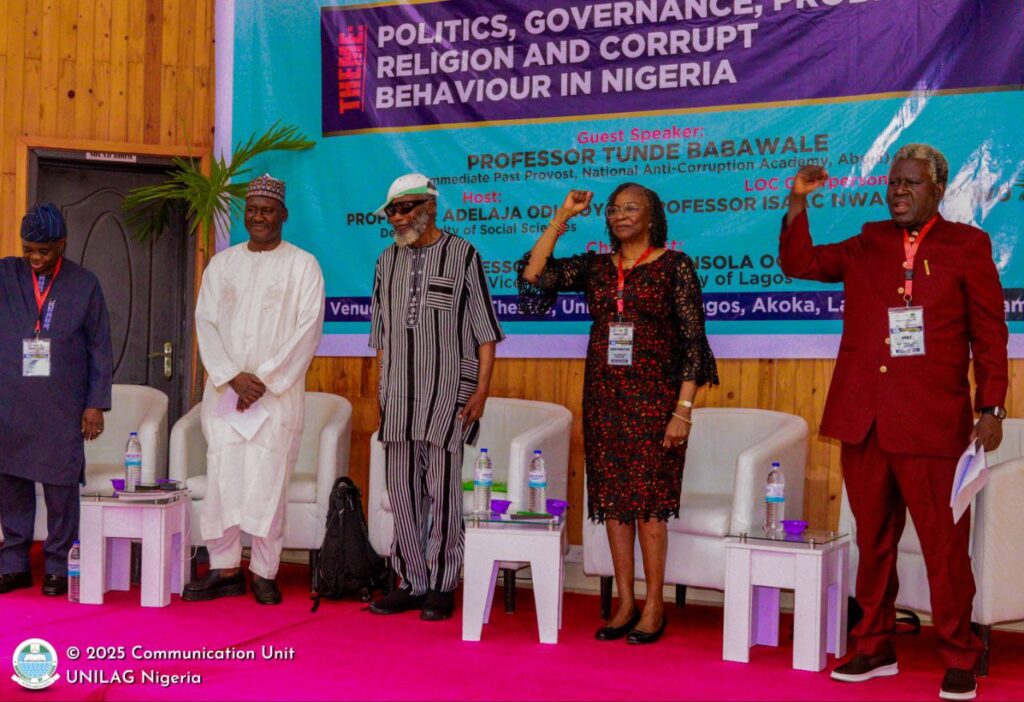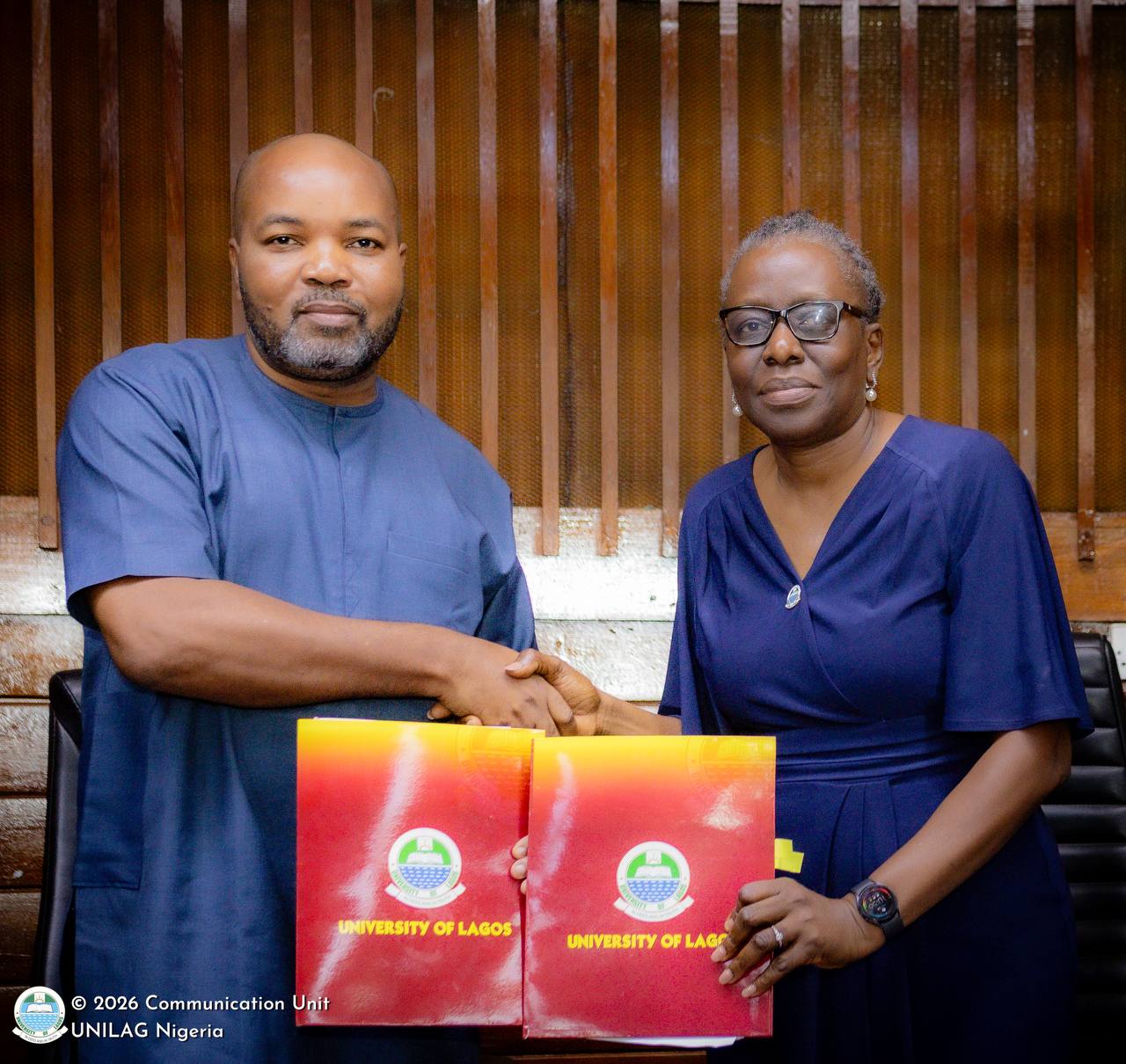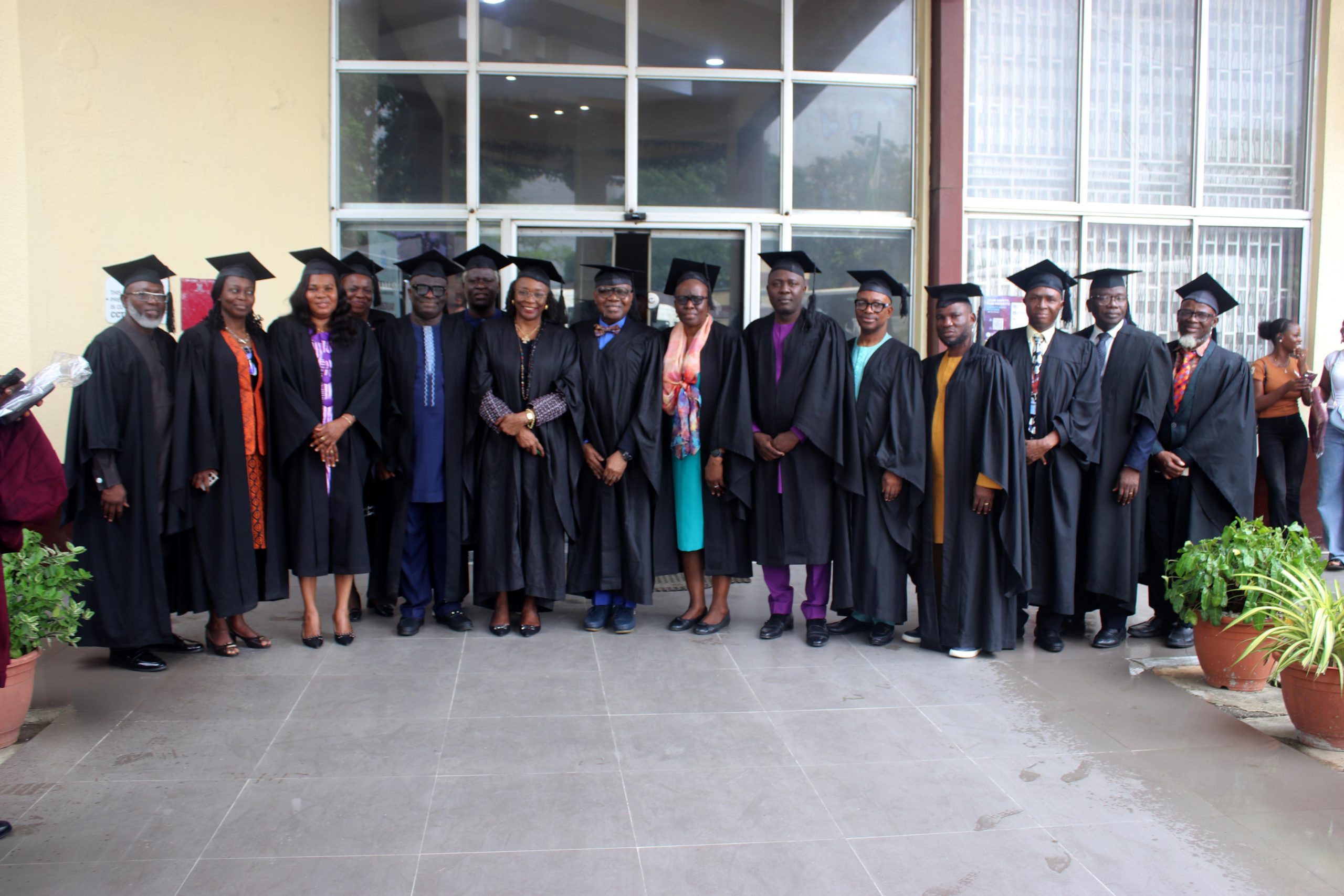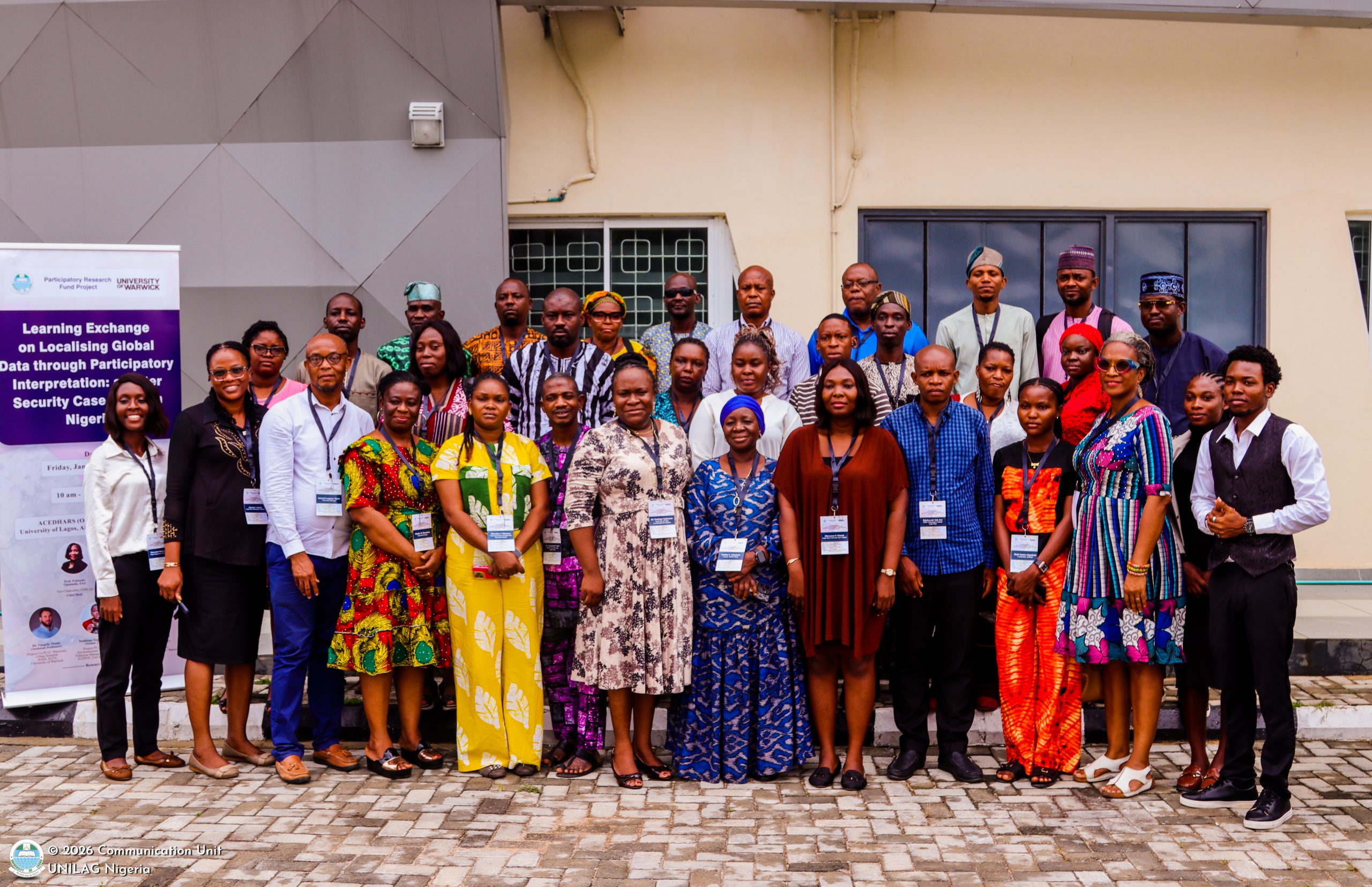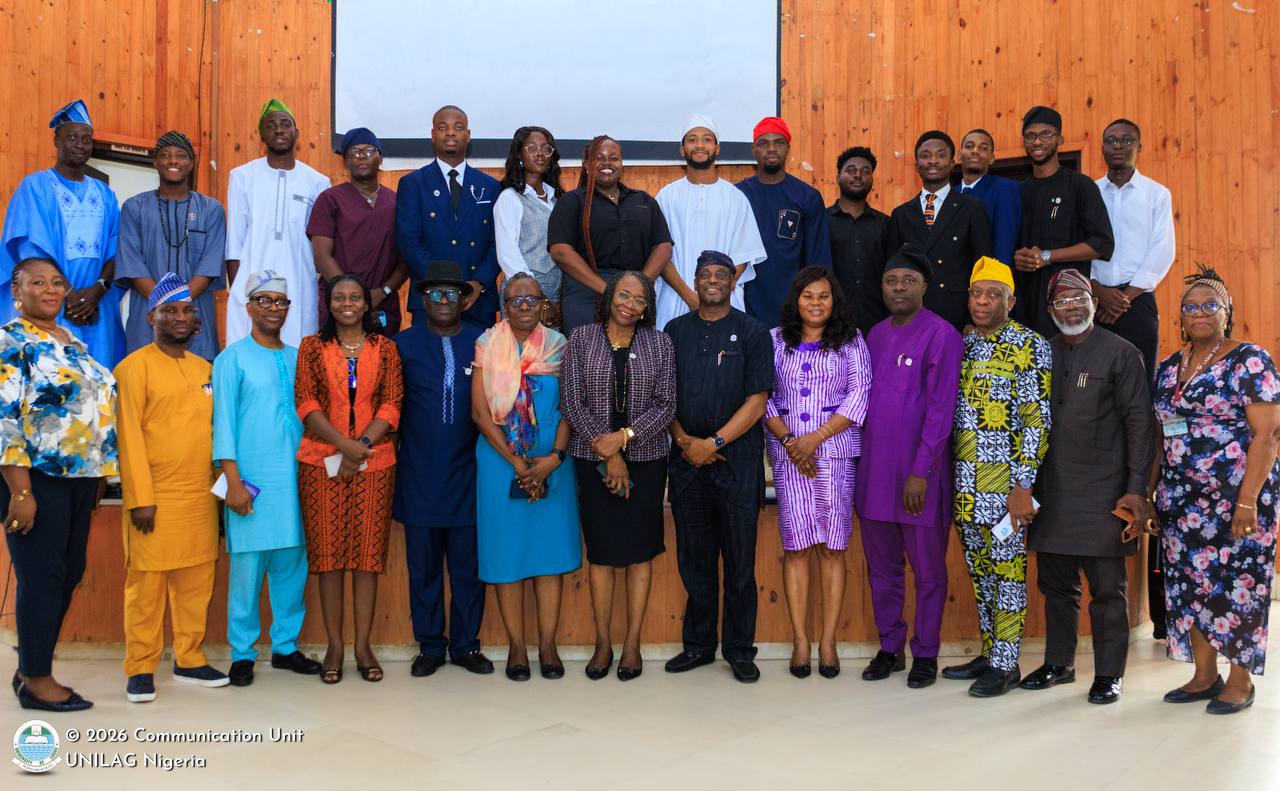“…Corruption in Nigeria is no longer just a national crisis; it is a malignant tumor, a wickedness that eats away at the soul of our nation “
With these scathing words, a renowned political scientist and immediate-past Provost of the National Anti-Corruption Academy, Abuja, Professor Babatunde Babawale on Thursday, September 18, 2025 set the tone for a high-level anti-corruption conference hosted by the Faculty of Social Sciences, University of Lagos (UNILAG).
Themed: Politics, Governance, Probity, Religion and Corrupt Behavior in Nigeria, the international conference held in partnership with the Panafricana Strategic and Policy Research Group (PANASFSTRAG) and the Civil Society Legislative Advocacy Centre (CISLAC), brought together some of the country’s most respected voices in governance, academia, and civil society.
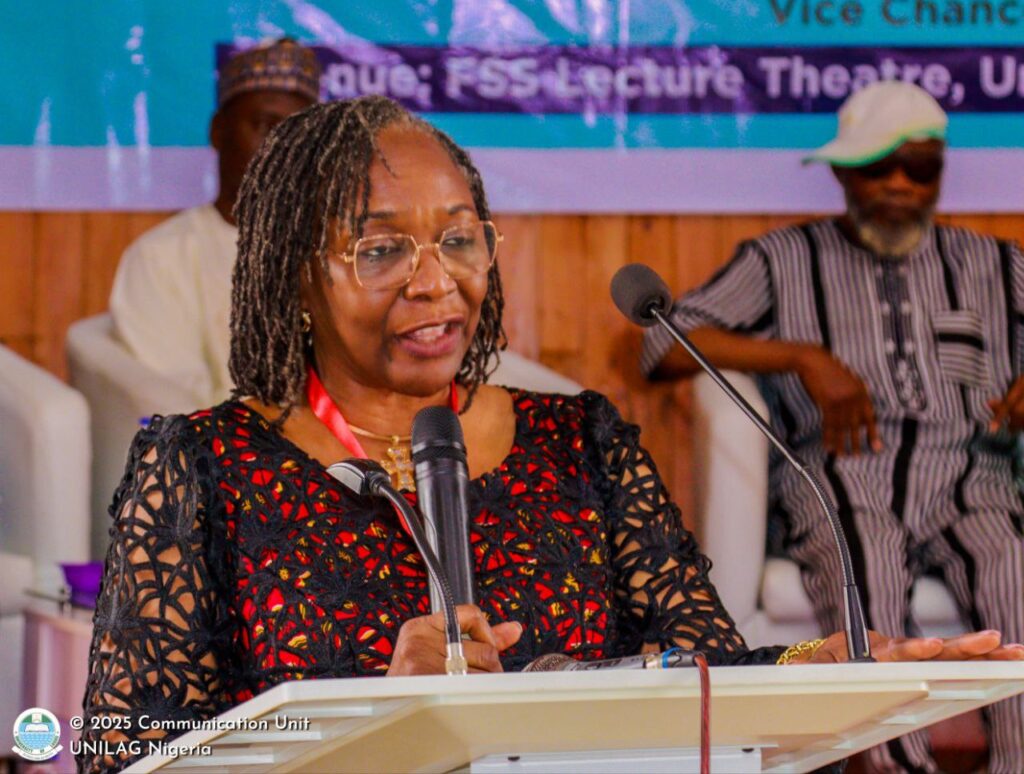
In her opening remarks, Vice-Chancellor, Professor Folasade T. Ogunsola, OON, FAS emphasized that universities have a moral duty to model ethical behavior and foster integrity in future leaders.
“ You are not a thief because you steal; you steal because you are a thief,” the Vice-Chancellor explained that corruption is often a matter of latent intent, not sudden opportunity.
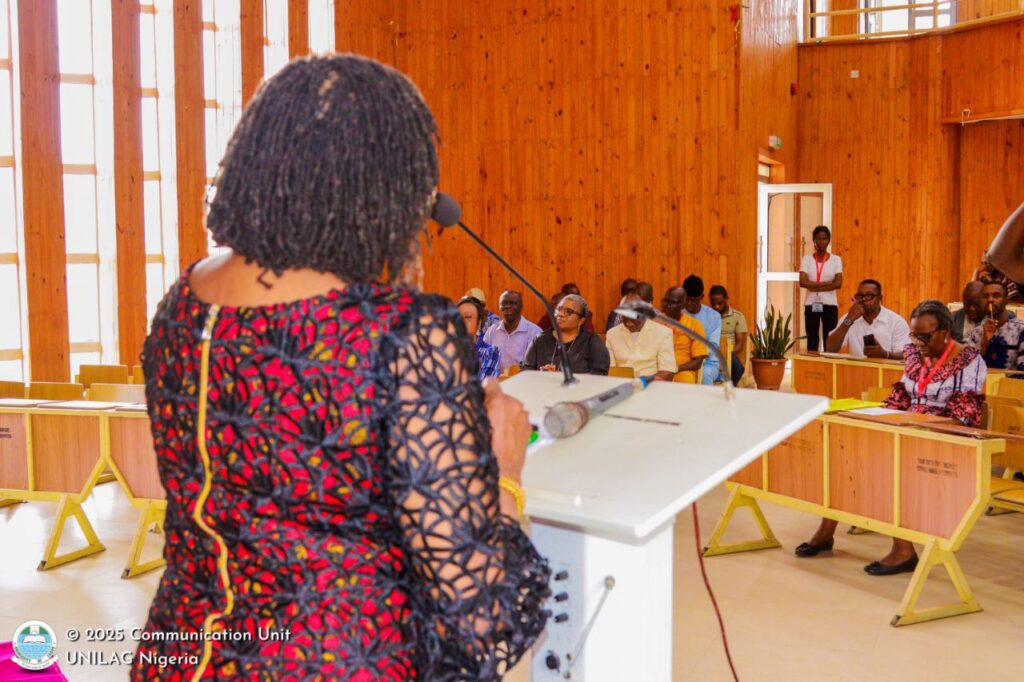
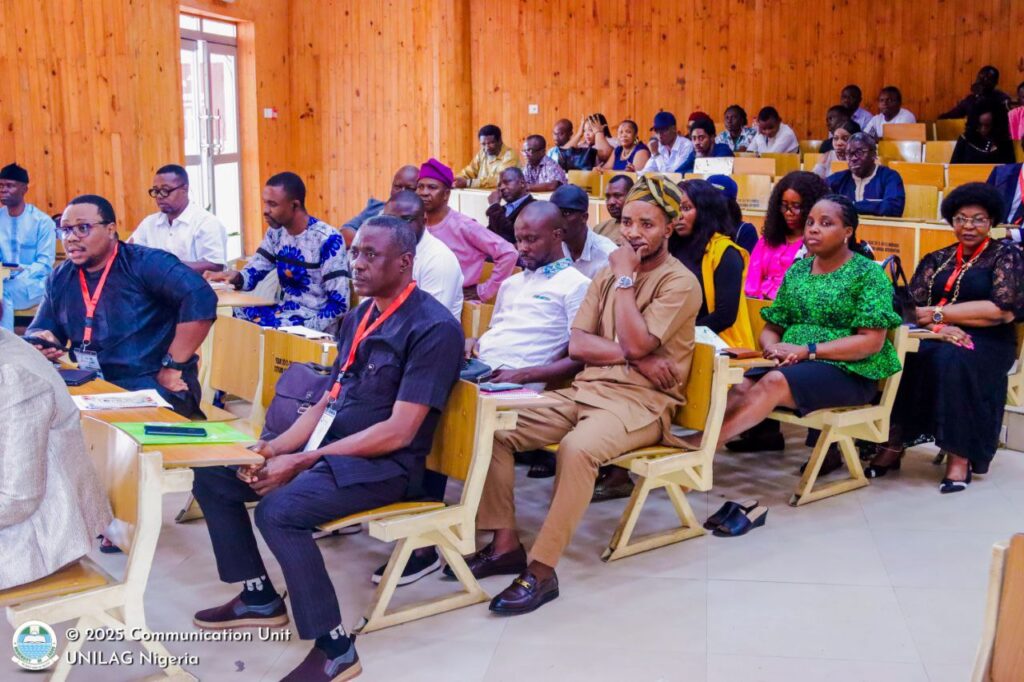
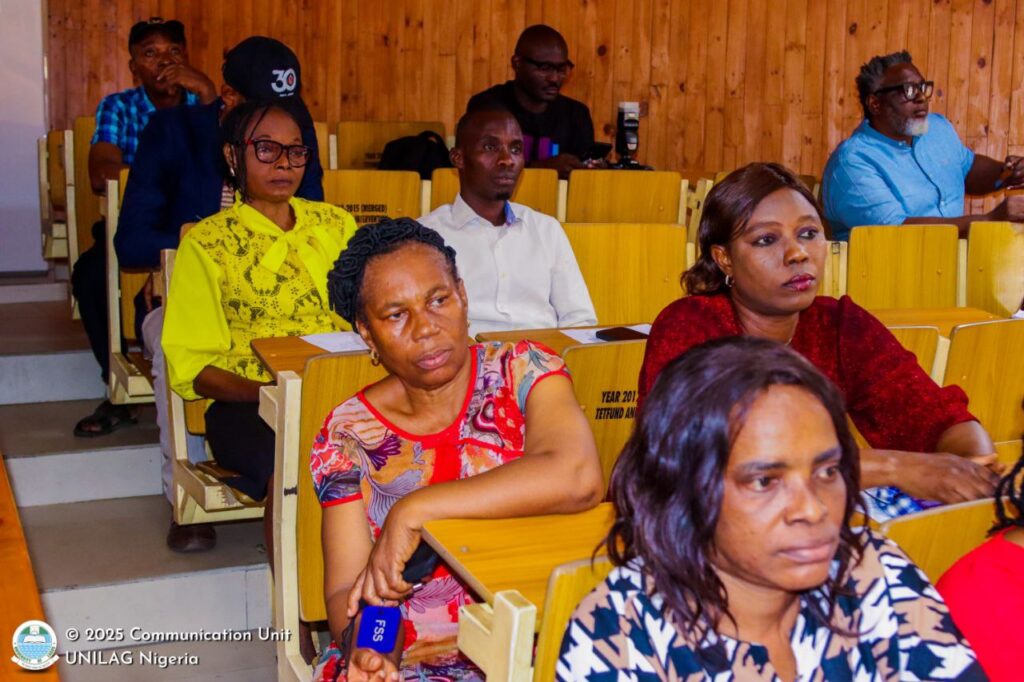
The University helmswoman challenged both public and private office holders to uphold the highest standards of integrity, warning that corruption is not exclusive to government corridors but also thrives within academic institutions.
She spotlighted a series of unethical practices that continue to erode the credibility of the education system, from examination malpractice and plagiarism to the misappropriation of funds. Also included were gift (or honorary) authorship, where individuals claim credit for research they did not contribute to; manipulation of grades or academic records; and the abuse of administrative power for personal gain.
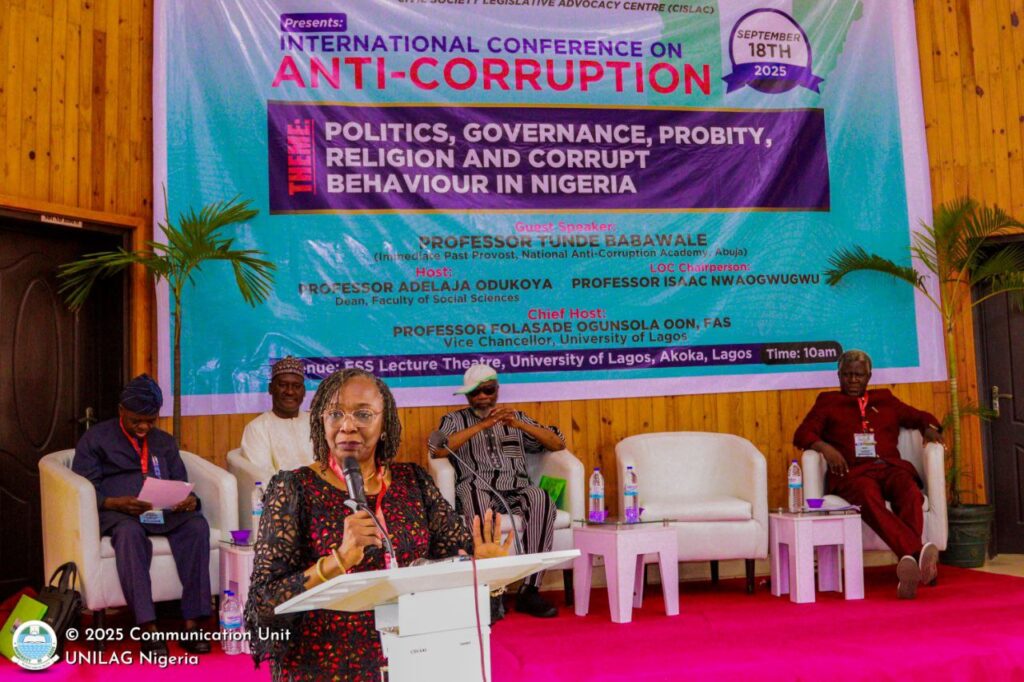
Professor Ogunsola stressed that these are not mere lapses in judgment, but clear manifestations of corruption that must be tackled with the same urgency, seriousness, and moral clarity as the misconduct often condemned in public office.
She re-affirmed the University of Lagos’ unwavering commitment to upholding a culture of integrity, insisting that the institution must live by the same ethical principles it seeks to instill in society at large.
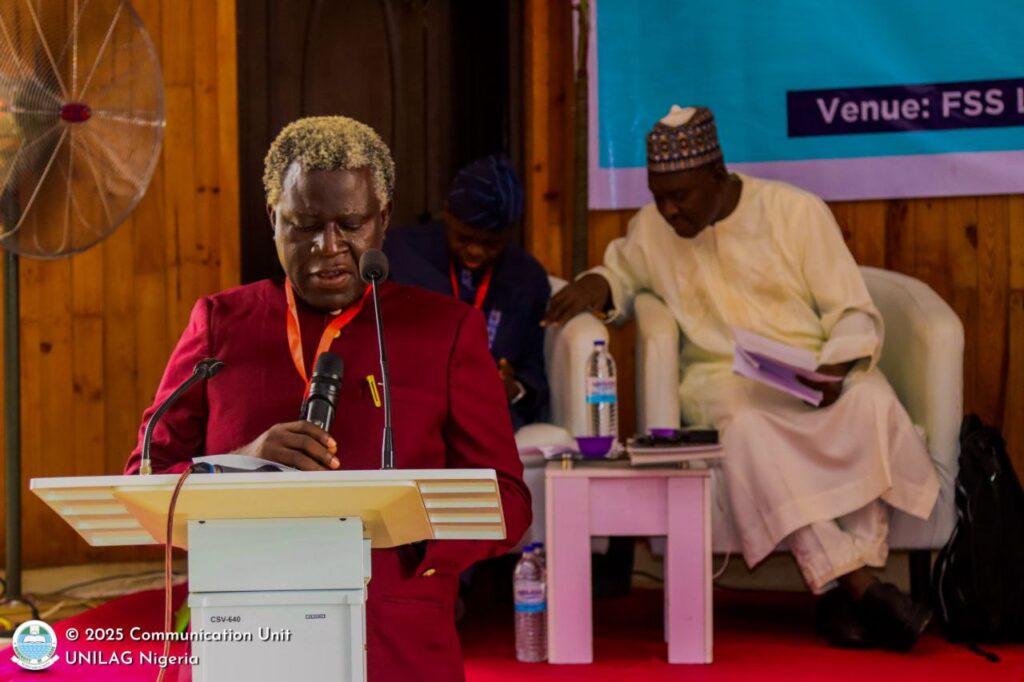
In the same vein, Dean of the Faculty of Social Sciences, Professor Adelaja Odukoya, used the platform to highlight the deep-rooted challenges that enable corruption to persist in Nigeria. He pointed to institutional weaknesses, political instability, bureaucratic inefficiencies, and fragile legislative and judicial systems as key enablers of corrupt practices.
Despite these systemic issues, Professor Odukoya reiterated the Faculty’s commitment to leading critical national conversations on governance, accountability, and youth empowerment. He emphasized that these efforts are part of the University of Lagos’ broader mission to advance civic education, drive ethical reform, and champion forward-looking policy innovation in Nigeria.
LECTURE: Politics, Governance, Probity, Religion and Corrupt Behavior in Nigeria
Professor Babatunde Babawale’s presentation at the conference resonated with the audience, as he drew parallels between Nigeria’s current reality and the grievances that fueled the 1966 military coup. Quoting Major Chukwuma Kaduna Nzeogwu’s historic speech, he asked: “Are the political profiteers of 1966 still with us?” The audience responded with a resounding “Yes.”
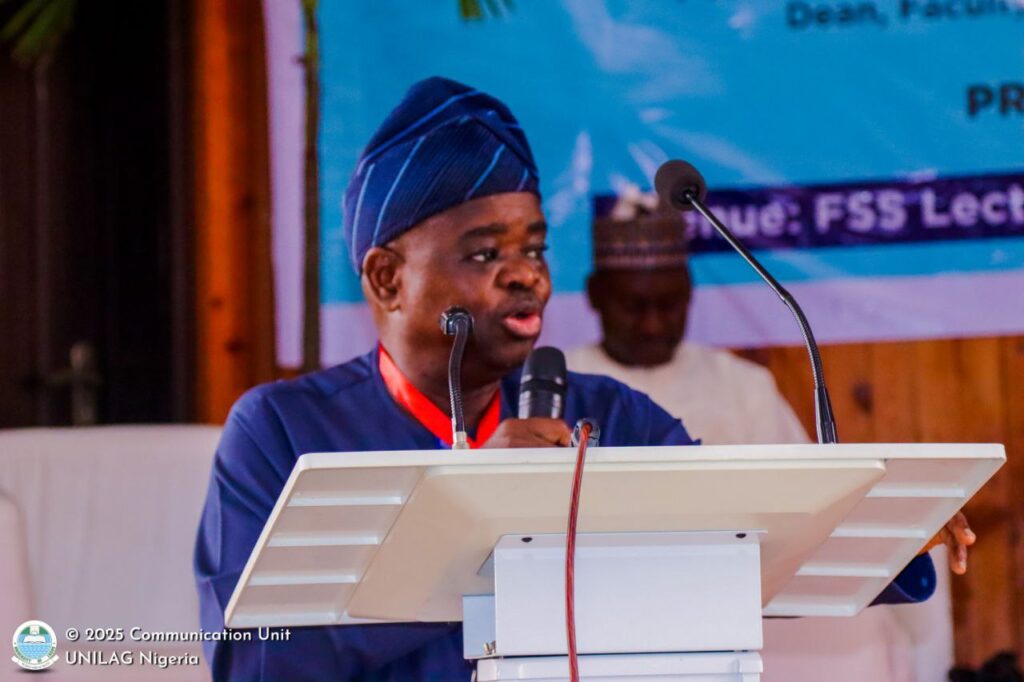
The Guest Speaker, who is a former Director at the Centre of Black and African Arts & Civilization (CBAAC), outlined four dangerous consequences of corruption:
- Erosion of good governance
- Misappropriation of public funds
- Weakening of societal values
- Intensification of poverty
Professor Babawale painted a sobering picture of the systemic decay fueling corruption in Nigeria. He pointed out that “the absence of transparency, lack of accountability, inconsistent governance practices, and institutional fragilities particularly within the legislative and judicial systems have created an enabling environment where self-serving behaviors flourish unchecked”.
He went beyond the surface to examine the deeper economic and social toll of corruption, noting its damaging effects on income distribution, consumer behavior, public investment, national budgets, and the overall pace of economic reform. He also warned of the rise of an underground economy, which thrives in environments where formal systems are compromised.
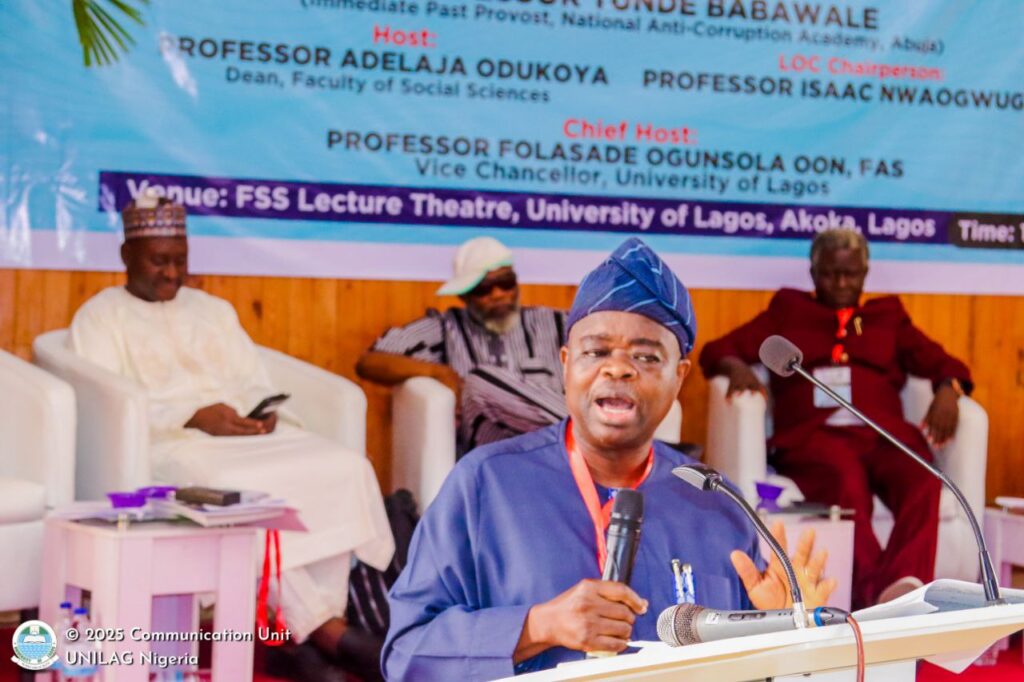
According to Professor Babawale, the danger becomes immediate and undeniable when officials abandon due process. “When public officials disregard due process and operate without accountability, corruption is not just likely it’s already knocking at the door.”
With many high-profile corruption cases that have dragged on for years without yielding the desired outcomes, largely due to systemic loopholes and inefficiencies in the judicial process, the Professor of Political Science recommended the establishment of a special anti-corruption court, dedicated solely to handling corruption-related cases with speed, transparency, and accountability. According to him, such a court would help ensure that justice is not only done but seen to be done, thereby restoring public confidence in the fight against corruption.
In addition, Prof. Babawale underscored the need for a more robust leadership recruitment process in public institutions. He argued that when the right people are selected based on merit, integrity, and competence, it naturally leads to more effective decision-making and better governance outcomes for the citizenry.
In his remarks, Executive Director of CISLAC and Head of Transparency International Nigeria, Mallam Auwal Musa Rafsanjani stressed the need for a multi-sectoral approach to combating corruption, calling for partnerships between government, academia, civil society, and faith-based institutions.
He also called attention to the threat posed by illicit financial flows and money laundering, warning that these drain vital resources from education, health, and infrastructure deepening inequality and stalling national progress.
BREAKOUT SESSIONS TACKLE THEMATIC AREAS
Following the plenary, the conference broke into six thematic sessions, where participants engaged in deep-dive conversations and paper presentations chaired by seasoned professionals. The sessions explored corruption’s impact across various sectors and developed strategies for reform.
Among the recurring themes was the consensus that anti-corruption agencies like the EFCC and ICPC require not only political backing but also the trust of the public. Speakers, including retired General Ishola Williams, urged local and state governments to establish anti-corruption bodies to promote transparency at the grassroots level.
As Nigeria continues to wrestle with the debilitating impact of corruption, the conference concluded with a renewed call for unity, sincerity, and concrete action in the fight against corruption and a reminder that institutions of learning must lead by example in the battle for Nigeria’s ethical revival.
Earlier in the day, the Vice-Chancellor, Professor Folasade T. Ogunsola, led the commissioning of a newly designed staff lounge at the Faculty. She was accompanied by the Deputy Vice-Chancellor (Academics and Research), Professor Bola Oboh, the Dean of the Faculty, and other senior officials.
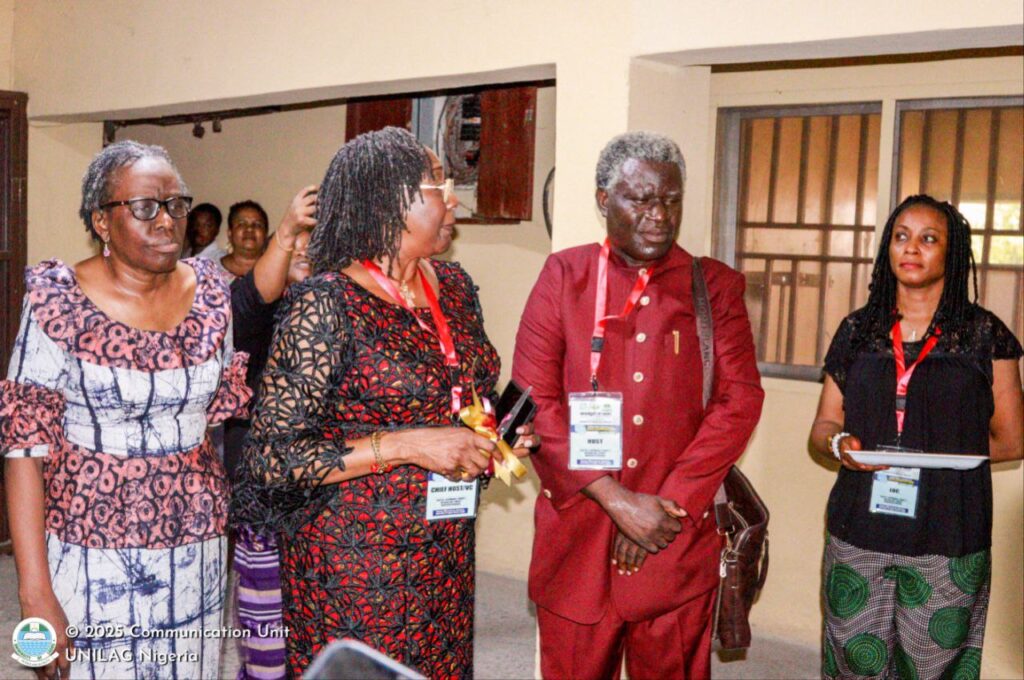
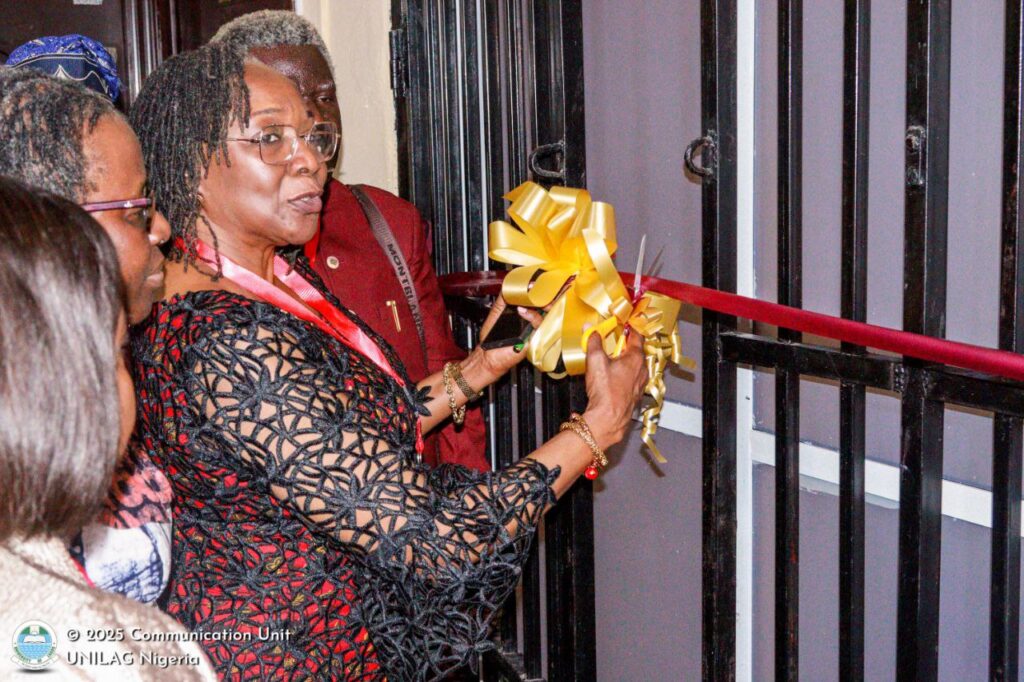
The new lounge, which is thoughtfully designed as a serene and functional space, is intended to provide academic and administrative staff with a conducive environment to take breaks, relax, and recharge during work hours. The initiative is part of broader efforts to enhance staff welfare and promote a healthy work-life balance within the Faculty.
In her remarks, Professor Ogunsola applauded the Faculty leadership for the innovation and noted that staff well-being is integral to productivity and excellence in academia.
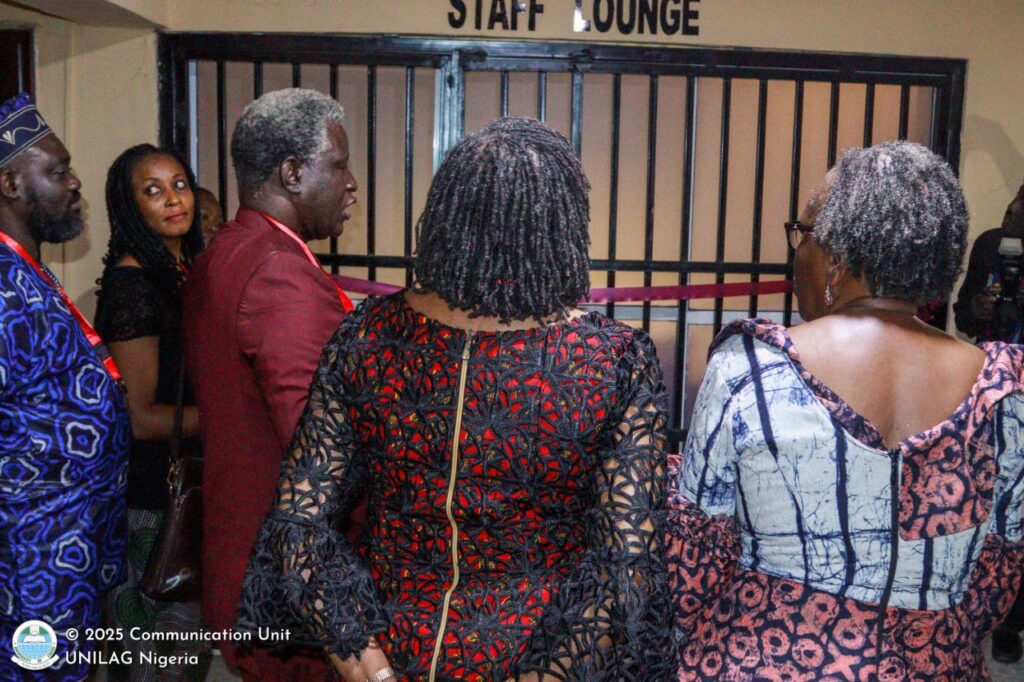
The newly commissioned lounge is fully equipped with comfortable seating, work-friendly lighting, and other amenities that support both relaxation and informal engagements among colleagues.
